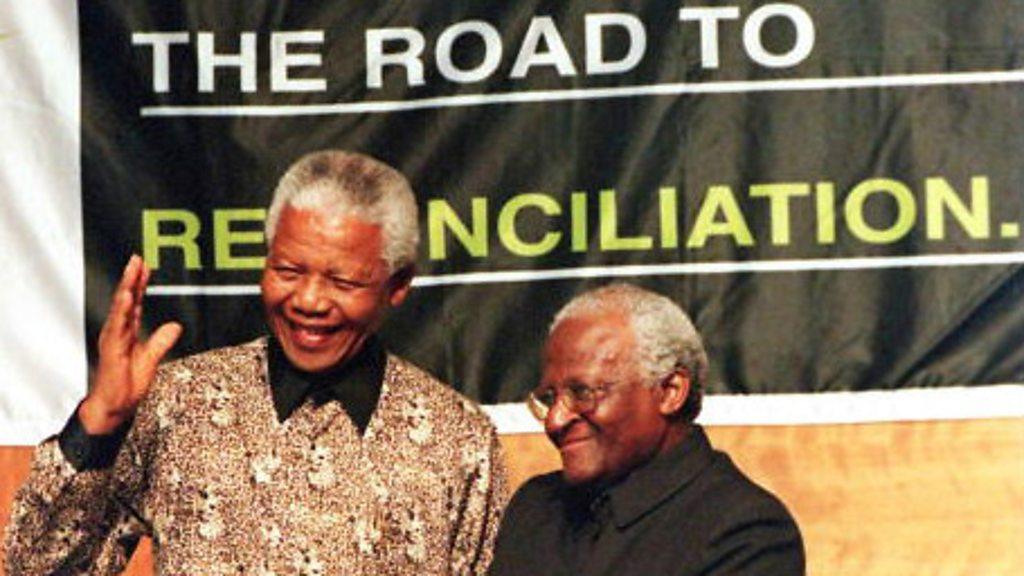Northern Ireland Troubles legacy plan looks toward South Africa
- Published
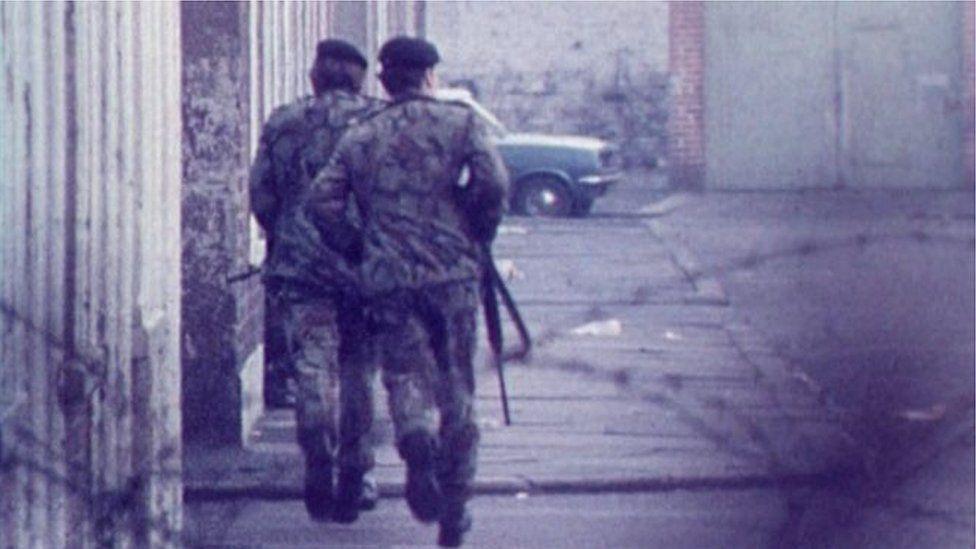
The UK government has changed its thinking on a troubles amnesty
The UK government has reshaped the line it wants to draw under the Northern Ireland Troubles.
But changing the blanket amnesty idea has, to this point, not greatly reduced opposition to the proposed legislation.
Immunity from prosecution must now be "earned", echoing what happened in South Africa in the 1990s after apartheid.
The Northern Ireland Troubles (Legacy and Reconciliation) Bill could become law by next year.
How significant are the changes?
Across the world, amnesties are not uncommon in post-conflict situations.
By altering what was originally proposed, an unconditional, no-questions-asked amnesty for everyone, the government has moved away from what experts saw as setting a new extreme.
Now the door to prosecution for Troubles crimes will remain open unless an individual co-operates with a new information commission.
This looks very similar to South Africa's Truth and Reconciliation Commission model, with obtaining an amnesty dependant upon full disclosure.
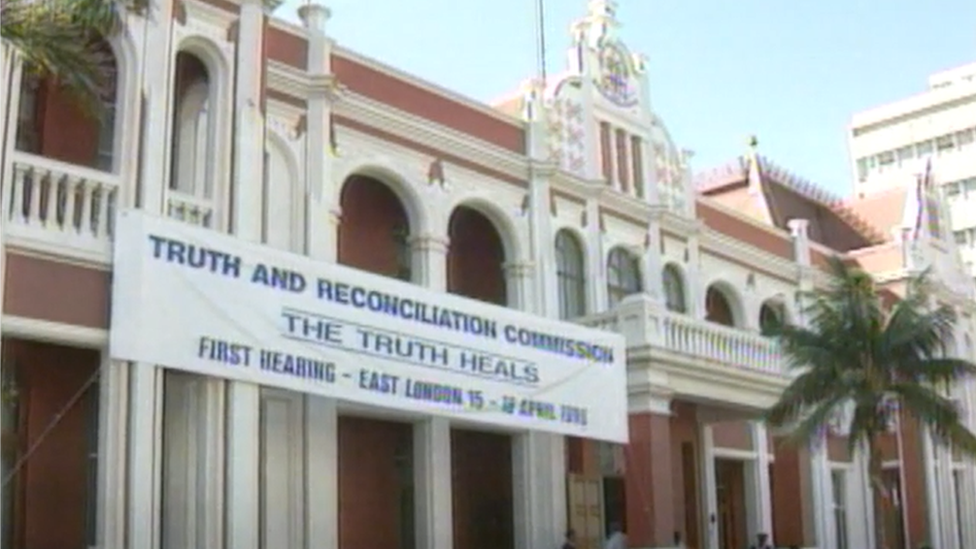
A Truth and Reconciliation Commission operated in South Africa following the fall of apartheid
How did the change come about?
The government has been re-thinking things since late last year and talking to political parties, victims' groups and others, such as Army veterans.
Legislation on the original plan was delayed last autumn, without much explanation, but reports emerged the Ministry of Defence was concerned that former paramilitaries, in particular, could refuse to help sufficiently with information recovery.
It was suggested a non-cooperation offence was being considered, but what's proposed now appears another way of trying to deal with it.
Who will decide if immunity gets granted?
The legislation would create a new Independent Commission for Reconciliation and Information Recovery.
Bereaved families would ask for investigations and it would seek to identify perpetrators based, for example, on police records or people could come forward.
There are suggestions the commission would be headed by a judge.
Some form of adjudication process would test a perpetrator's testimony before granting immunity.
Is it truthful? Is anything behind held back? Exactly how it would work will be outlined in the legislation.
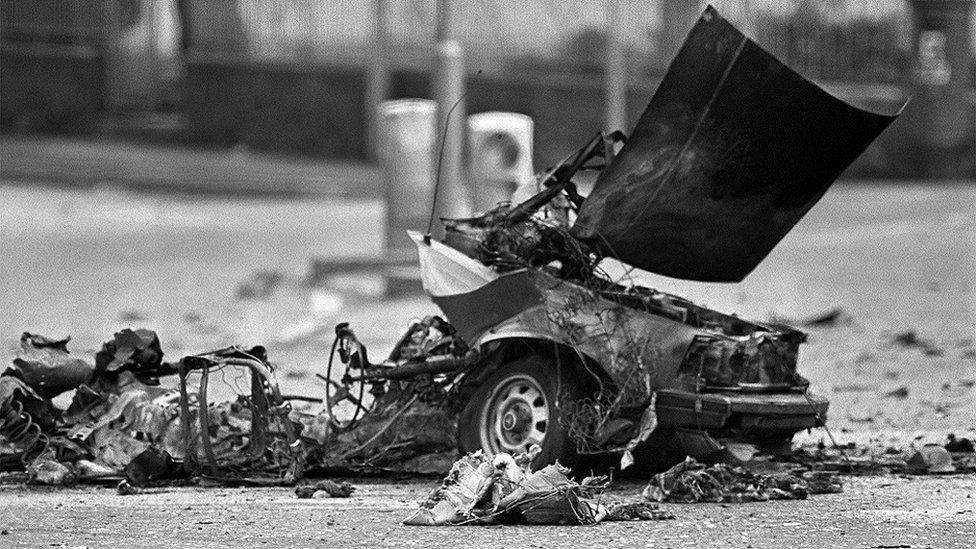
The government is working towards introducing the draft bill "in the near future"
What has been the response?
It does not appear to have won over many opponents and that may not change dramatically even when important fine detail emerges.
Victims' groups remain deeply unhappy that investigations may not be of sufficient standard and the package, at its core, still involves letting people off.
There is also deep scepticism that individual former paramilitaries will participate in meaningful numbers.
If they haven't been charged for Troubles offences by now, will they ever?
The government faces challenges selling this. Will it get buy-in? Does it matter?
What happens next?
The government is working towards introducing the draft bill "in the near future".
There are suggestions this will be before the July summer recess.
It does not intend racing the bill into law and it could take six months to get done. So nothing before 2023 and then a period of setting things up.
Will the bill enjoy easy passage?
That is debatable and some victims' groups are targeting the House of Lords as the next battleground.
But of course the government ultimately has the more important numbers in the Commons.
Related topics
- Published2 January 2022
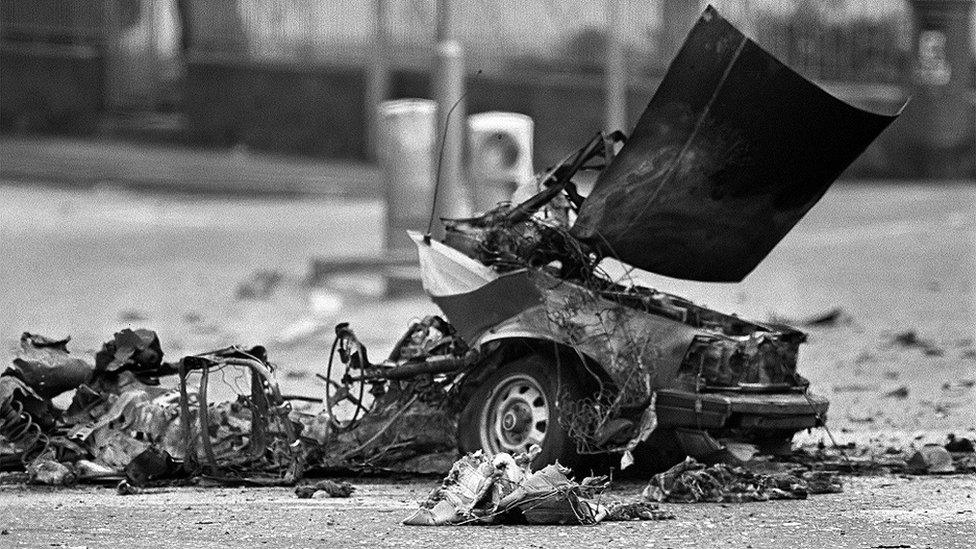
- Published15 April 2016
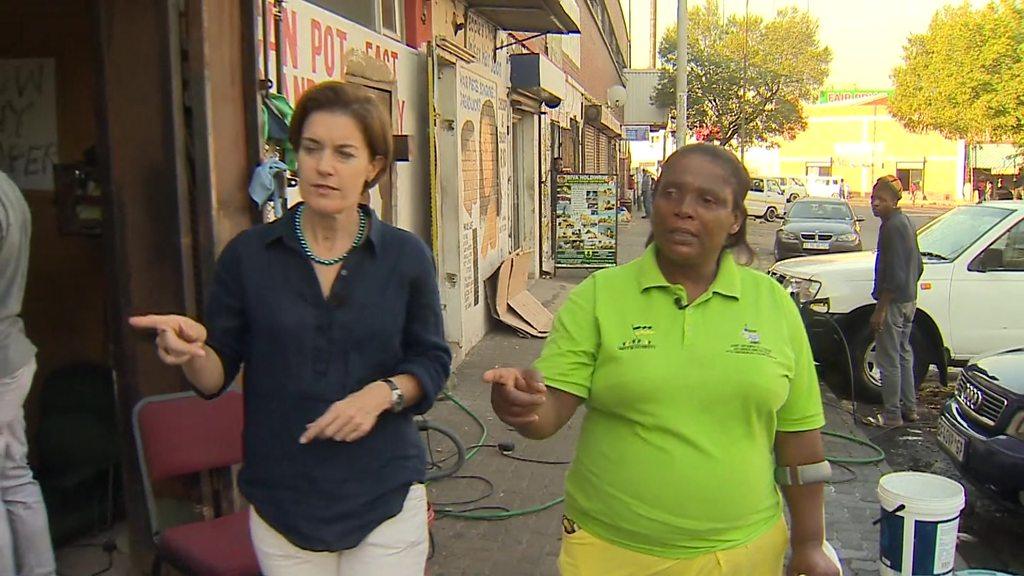
- Published10 February 2018
